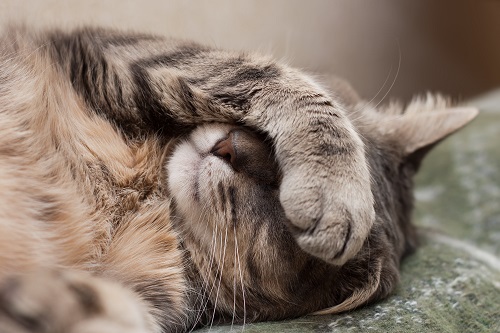Losing sleep for a whole night or much of the night can cause you to feel rather glum the following day. Your body works on recovery, while your brain processes thoughts and stores memories while you sleep, so a bad night can cause you to feel sluggish and uptight. Here are some tips that may help you get through the morning after not resting enough the previous night.
DRINK PLENTY OF WATER
Dehydration is one of the effects of a bad night. Your body is likely to use more water if you spend the night tossing and turning. This dehydration, even when mild, may cause you to suffer headaches and make you struggle to focus and fatigued. Moreover, when you’re low on fluids, your heart will need to work harder to push nutrients and oxygen around the body. Take a few tall glasses of water throughout the day if you’re feeling sluggish.
DON’T SKIP BREAKFAST
Eat a hearty breakfast. Not only will this nourish you after a bad night, but it will also help you feel awake. Eat healthy fats, carbohydrates and proteins to be able to focus and better your memory. Avocado and eggs will help you feel awake in the morning. Go easy on coffee, and only take it later in the morning when you are much more awake.
A BAD NIGHT CAN BE HELPED WITH EXERCISE
Walk around and stretch a bit. Sitting down for much of the day will make your body feel sluggish. Do a few rounds around the office to help your body feel refreshed and vibrant. The mild exercise improves blood flow through your body. Move around after lunch as this is when you tend to hit peak tiredness.
SPEND SOME TIME IN THE SUN
Natural light will slow down your body’s production of melatonin. Melatonin is what tells your body to feel sleepy. When your body produces less melatonin, you don’t feel sleepy. But you might not be able to get much sun if you work night shifts or leave for work early in the morning.
The above tips should be of help to you after you’ve had a bad night. But should you often fail to sleep well, make sure you consult a qualified medical professional. It could be a symptom of a medical problem, including sleep-related issues such as sleep apnea. To find out more, contact us at ApneaSeal today.

